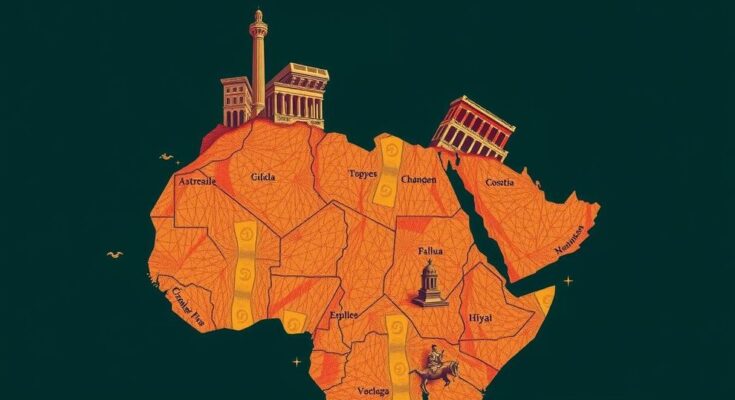This article examines the impact of public debt on education in Zimbabwe, Eritrea, South Sudan, and South Africa, highlighting how financial constraints hinder access to quality education. The analysis reveals that unsustainable debt levels lead to underfunding in education, exacerbating inequities and undermining human capital development. Comprehensive debt management and prioritization of educational investments are essential for ensuring the right to education.
This article explores the intricate relationship between public debt and education in Zimbabwe, Eritrea, South Sudan, and South Africa. Each country’s financial constraints, largely driven by unsustainable debt levels, contribute significantly to reduced educational access and quality. Zimbabwe’s economic mismanagement reveals a direct correlation between debt burdens and underfunded schools, resulting in poor educational outcomes. Eritrea’s isolationist policies prioritize military expenditure over education, disrupting youth access to quality learning. In South Africa, historical inequities compound the challenges posed by financial pressures, resulting in a persistent gap in educational quality. Lastly, South Sudan’s conflict-driven corruption disproportionately diverts funds away from education, compromising the fundamental right to learn. The overarching message is clear: effective debt management, with a focus on prioritizing education, is essential for breaking the cycle of underinvestment in human capital.
The intersection of public debt and education emerges as a significant concern across both developing and emerging economies. This relationship is particularly evident in countries grappling with high debt levels, which often leads to prioritization of debt repayment over essential services, especially education. To ensure that the right to education is upheld, a more nuanced approach to debt management that considers its impact on public investment in education is vital, especially for nations that have committed to frameworks such as the International Covenant on Economic, Social and Cultural Rights (ICESCR) and the United Nations’ Sustainable Development Goals (SDGs).
In conclusion, the relationship between debt and education is complex yet critical. The experiences of Zimbabwe, Eritrea, South Sudan, and South Africa underscore the need for comprehensive debt management strategies that prioritize educational investments. By addressing the challenges of unsustainable debt and improving governance, nations can ensure that education is not sacrificed, enabling them to work towards greater equity and sustainable development. It is imperative for policymakers, international partners, and civil society to collaborate in safeguarding educational rights in the face of financial constraints.
Original Source: www.amnesty.org




